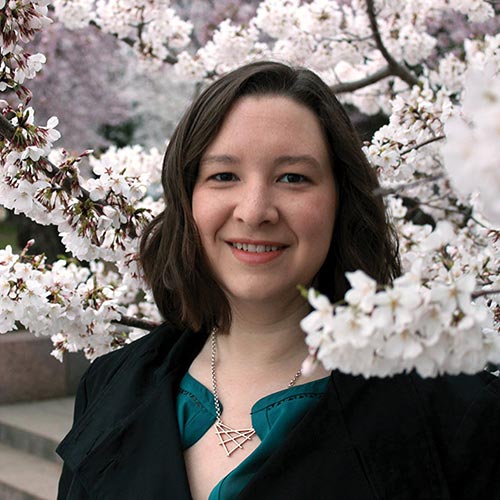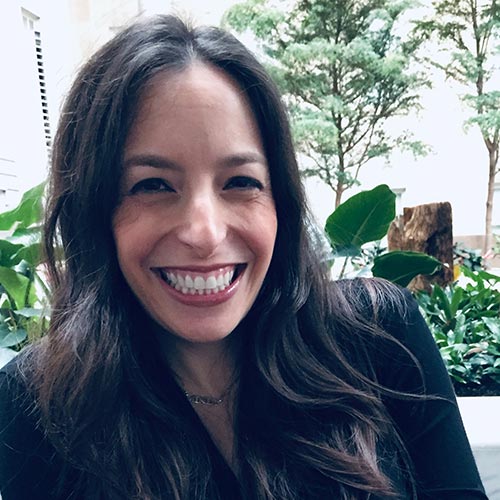
- This event has passed.
September 12, 2022 @ 3:00 pm - 4:30 pm
Event Navigation
*Registration for this program is currently closed. If you would like to be added to the waitlist for this program, please email olivia@smithcenter.org. If you are on the waitlist, we will contact you if a spot becomes available. Before requesting to be added to the waitlist, please be sure that you can commit to attending at least 7 of the 8 sessions.
You will receive the Zoom information no later than the morning of your program.
with Erin Price, LICSW, OSW-C and Mindy Brodsky, LCSWA

Meaning-Centered Psychotherapy for Cancer Survivors Group*
Meaning-Centered Psychotherapy is largely based on the work of existential psychiatrist Viktor E. Frankl and was developed for those facing illness. Meaning-Centered Psychotherapy aims to decrease feelings of sadness and increase hope by teaching participants how to focus on creating, experiencing, and keeping a sense of meaning in life. Research shows that MCP is very helpful to those who have experienced cancer. During this 8-session weekly group, participants will learn:
- To cope better by finding and creating a sense of meaning and purpose in life.
- How sources of meaning can be used to help you during hard times.
- New ways to face and overcome the challenges caused by your illness.
MCP is meant to help participants look for meaning in their past, present, future and everyday life through teaching, answering questions together, doing homework assignments, and discussions with the group. MCP helps participants use meaning in life to gain a greater sense of purpose.
This group is meant for Cancer Survivors finished with their main treatments or those living with metastatic disease and is offered in partnership with MedStar Washington Hospital Center.
Meaning-Centered Psychotherapy for Cancer Survivors* will be offered as a closed group program from September 12th – November 14th, 2022 via Zoom.
*Registration will be closed at 8 participants. Before registering, be sure that you can commit to attending at least 7 of the 8 sessions.
Program Dates:
- September 12 & 19
- October 3, 17, 24 & 31
- November 7 & 14
About Erin Price, MSW, LICSW, OSW-C

Erin serves as Smith Center’s Director of Young Adult and Psychosocial Support Programs. She is trained in Integrative Patient Navigation, a Project LEAD graduate, and holds a Masters in Social Work. A seven-year breast cancer survivor, Erin is passionate about providing support and community to other cancer survivors, especially young adults. She works with Smith Center’s DC Young Adult Cancer Community and is also actively involved in the cancer community through Young Survival Coalition, Critical Mass, the Georgetown Breast Cancer Advocates, National Breast Cancer Coalition, and the DC Cancer Action Partnership.
About Mindy Brodsky, LCSWA



